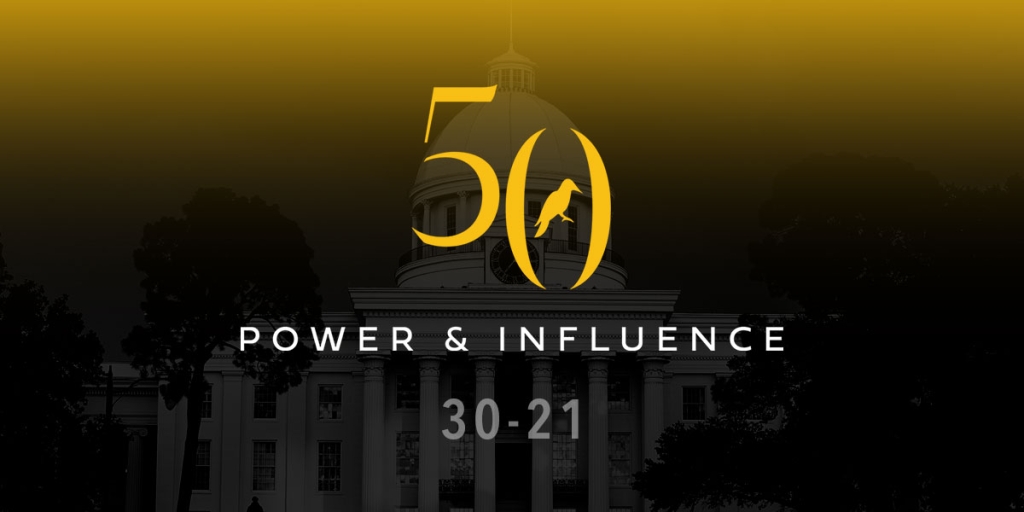
By: Senator Clay Scofield and Senator Rodger Smitherman
As members of the Alabama Senate, it’s our job to be good stewards of our constituents’ tax dollars. As members of opposing political parties, we don’t always agree on the best course of action to fulfill this duty, but, when it comes to government-owned broadband, we do – and, we think it’s a bad idea.
While it may be appropriate in some cases for public and elected officials to consider government-funded Internet in places where service is not available, the vast majority of Alabamians have access to broadband. Indeed, 99.9 percent of residents have access to mobile wireless broadband and 93.4 percent have access to wireline service. In all, there are more than 100 privately-owned broadband providers offering service in our state.
Proponents of government-owned broadband networks argue government will provide better prices and options for consumers or will drive down prices offered by private providers. These claims are questionable at best and outright deceptive at worst. A 2014 study by the Phoenix Center for Advanced Legal and Economic Public Policy Study found that government “systems typically charge consumers substantially more than their private-sector rivals.” Furthermore, instead of driving down private provider prices through competition, government-owned networks are more likely to reduce competition as private providers choose not to invest in a state with an un-level playing field.
Even if a government network is successful, it just doesn’t make financial sense.
First, government-owned networks dampen tax revenues. Government networks compete against their private counterparts, and they do so with significant regulatory, tax and fee advantages. Private sector broadband providers recognize this fact and, as result, are less likely to invest in communities and states that allow the proliferation of government-owned networks. This lost investment not only means fewer broadband options and higher broadband prices for our consumers, it means fewer jobs in our state and reduced tax revenues from those missed employment and investment opportunities.
Second, they take funding away from other pressing priorities, including traditional infrastructure. We shouldn’t consider creating a costly and duplicative broadband system when our traditional infrastructure is crumbling. Late last year the American Society of Civil Engineers gave Alabama’s traditional infrastructure – roads, bridges, waterways, energy – a C minus. In 11 different categories, we earned no higher than a B grade. Our transit systems earned a D while our roads and inland waterways scored a dismal D plus. The report also found the average Alabama driver spends $300 every year on vehicle repairs because of the poor condition of our roads.
The private sector has the funding and expertise to build broadband and fiber networks, but they can’t help us rebuild our public roads and waterways. They also can’t invest in our aging public schools.
We agree that a strong broadband infrastructure is important to economic growth, job creation and overall quality of life. But, supporters of government-owned networks act as if that infrastructure does not exist in Alabama. It does.
Alabama’s digital footprint is helping attract new industry and expand existing business in our state. It is exciting to read the recent announcements of companies such as Remington and Polaris, who are bringing thousands of jobs and investing billions of dollars in Alabama. It is equally exciting to read about the expansion of existing business such as Baxter International in Opelika.
This robust economic development in Alabama simply would not be possible without a strong broadband infrastructure.
The private sector is usually the best and most efficient method for providing a service. Rather than competing with private industry, Alabama’s public and elected officials should continue to encourage a healthy business environment, including support for the broadband incentive bills currently in front of the Legislature. Government should allow the communications industry in Alabama, with multiple private sector broadband providers, to further invest, innovate and provide consumers – Alabama’s families – with the products and services they demand and deserve.
Senator Clay Scofield is a Republican member of the Alabama Senate from Arab. Senator Roger Smitherman is a Democratic member of the Alabama Senate from Birmingham.












